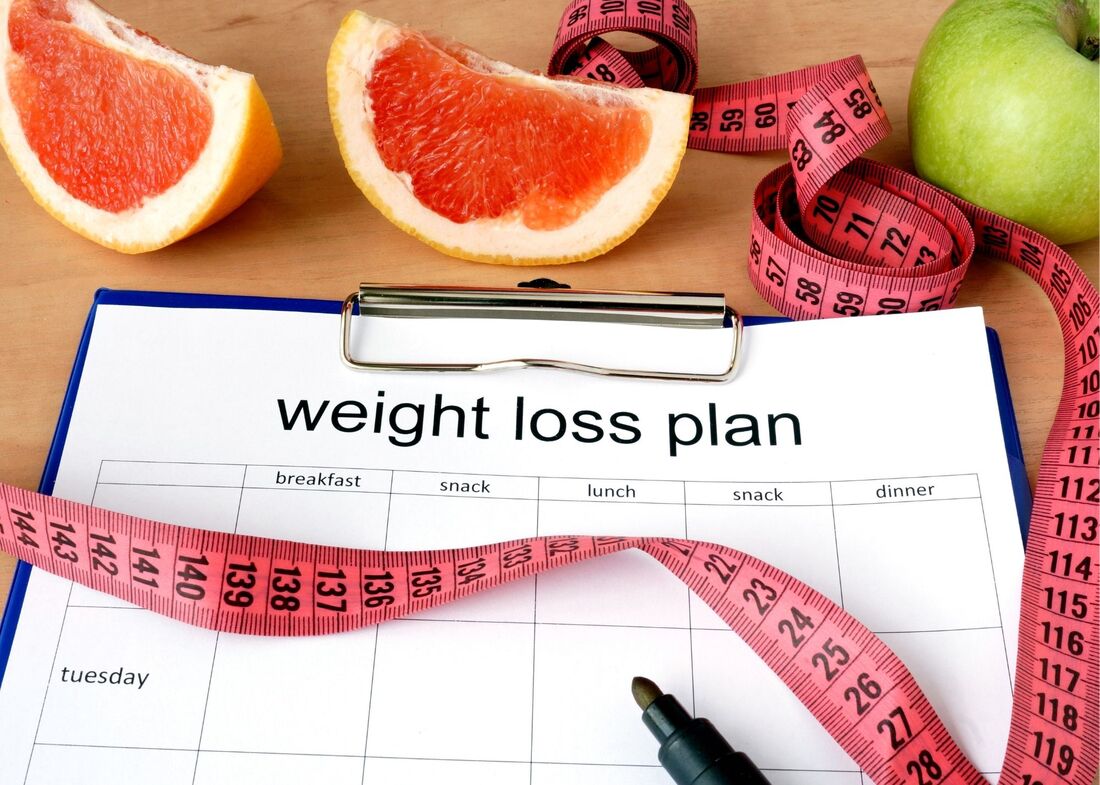|
As Exercise Physiologists we help people to manage a range of different health conditions, including overweight and obesity. We help people to set realistic goals and expectations, and provide them with strategies and solutions to assist them to improve their lifestyle, health and well-being. Over the years we have identified a number of common mistakes that people make when commencing a weight loss program. Here we list the top 3 mistakes.
Too much exercise too quickly/unrealistic expectations When commencing any lifestyle change program it is important to set realistic goals, and this is especially important when setting exercise goals. It is crucial to set SMART goals, which you are pretty confident that you can achieve, initially with short time frames (1-2 weeks), checking in with yourself and ticking off your adherence to these goals frequently. A common mistake that people make are being too ambitious with their exercise goal, setting the bar very high, and then finding their proposed goal/exercise program very difficult to stick to or achieve, and hence then “fall off the wagon”. An example is someone who is currently not exercising at all, setting an initial exercise goal to walk for 60 minutes each day. Walking 60 minutes a day is a huge jump from not exercising at all, and could be setting the person up for failure. A stepped approach of commencing with 2-3 days a week of a much shorter walking time, and then increasing this by 10-20% each week is a more realistic goal, increasing chances of success. It is also very important to physically write your goals down and refer to them often. This has been shown in studies to improve your chance of success. Not planning or scheduling your proposed exercise Benjamin Franklin once said, “If you fail to plan, you are planning to fail.” Therefore, once you have set an exercise goal for the coming week, it is very important to plan when you will complete this goal. We often hear from our clients that they are “too busy”, or that “something came up”, or they just “didn’t get around to it.” We need to schedule our exercise into our week, just as we book in and schedule our appointments with our doctor, our hairdresser or for servicing the car. At the start of the week, sit down and review your calendar or diary for the coming week, and write your planned exercise into your diary at set days and times. This again relates back to writing your goals down, and helps to increase adherence to your program and your chance of success. Measuring success only by the number on the scales It’s very common to feel like you are not losing weight, particularly in the initial stages of your program, despite feeling that you are doing all the right things. But there are a number of factors which can affect the number on the scales for any given day and this should not be the only way that you measure your success. The benefits of your program can be monitored in a number of ways, and improvements can be seen in your:
Improvements in any of the above factors show that your program is having a positive difference and can help keep you motivated to keep going. Don’t make the mistake of using body mass as your only measure of success. Looking for more information to help you exercise for weight loss? See our articles here or book in with one of our Exercise Physiologists for a personalised program and individual support. Lisa Parkinson Accredited Exercise Physiologist & Credentialed Diabetes Educator
1 Comment
27/4/2021 09:36:51 pm
Thanks for sharing this article. Looking forward to reading more from you.
Reply
Your comment will be posted after it is approved.
Leave a Reply. |
AuthorSLisa Parkinson Archives
March 2024
Categories
All
|


 RSS Feed
RSS Feed